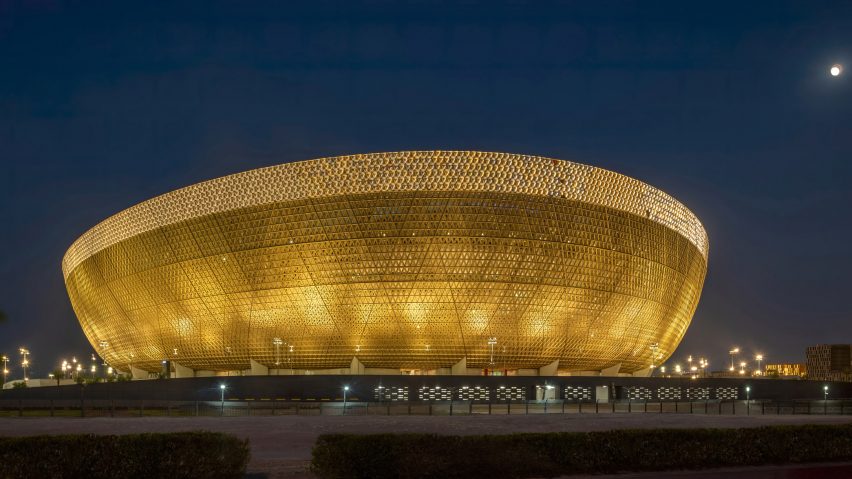
This week we reviewed the architecture, design and controversies of the World Cup
This week on Dezeen, we focused on the architecture and design of the 2022 FIFA World Cup in Qatar along with the human rights and sustainability controversies that are overshadowing it.
We rounded up the eight stadiums that will be hosting the tournament and took a closer look at the kits of all participating 32 countries, as well as ten cultural buildings completed in the country ahead of the World Cup.
The World Cup has received heavy criticism due to the human rights issues associated with the conditions of the migrant workers that built its stadiums, with Amnesty International's Peter Frankental arguing that architects working on it risk assisting in sportswashing.
We also spoke to a number of sustainability experts who said that the World Cup's sustainability claims are "built on sand".
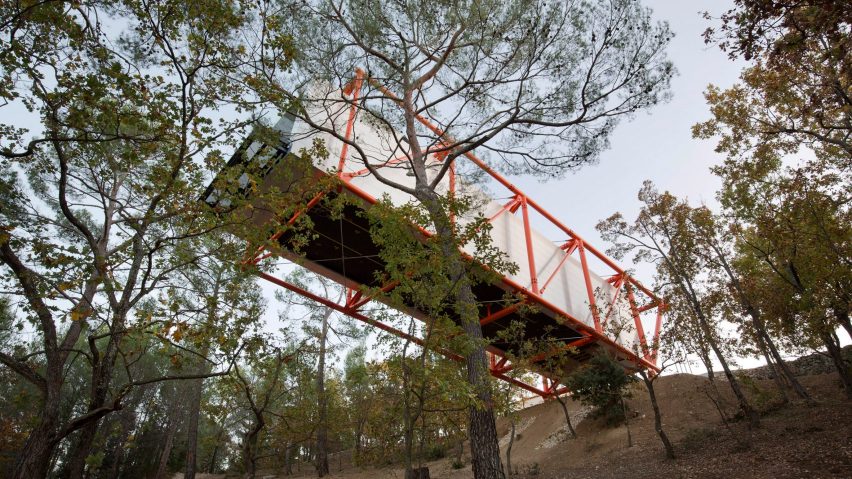
This week we also announced the winners of Dezeen Awards 2022 in the architecture, interiors, design, media and sustainability categories.
The winners include Richard Rogers' final project (pictured), design duo Adam and Arthur's Mother and Child cabinet, which won furniture design of the year in the design category and architecture studio Woods + Dangaran's Twentieth, which took home house interior of the year in the interior category.
Among the media winners were a photo project that captures brutalist architecture in Hong Kong, while K-Briq was one of the winners in the sustainability category.
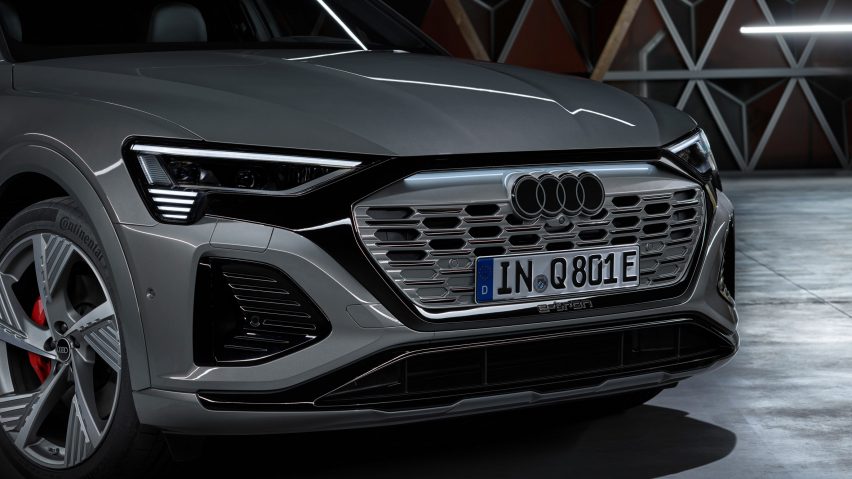
In design news, German car manufacturer Audi unveiled its updated logo, a flat, simplified version of its distinctive four-ring design. The rings have been stripped of their chrome colour and are no longer raised.
Another German automotive manufacturer, Volkswagen, introduced an unusual design this week – a drivable office chair that can travel up to 20 kilometres per hour and features a seatbelt and hi-fi music system.
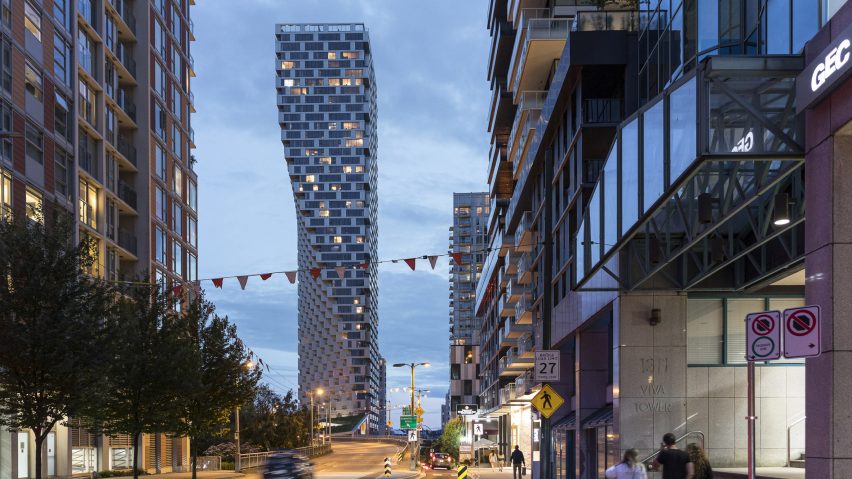
Danish architecture studio BIG unveiled Vancouver House, a 155-meter-high twisted skyscraper in Canada, this week. BIG founder Bjarke Ingels likened the building, which sits on a wedge-shaped site, to the Flatiron building in New York.
In other architecture news, US studio Diller Scofidio + Renfro's David Rubenstein Forum in Chicago was named this year's Best Tall Building Worldwide by the Council on Tall Buildings and Urban Habitat.
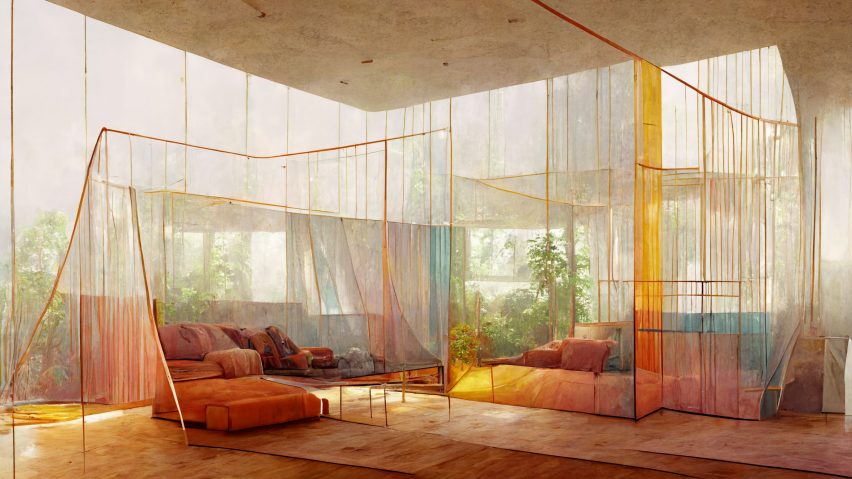
We took a look at how architecture could be impacted by AI text-to-image software such as Midjourney and DALL-E, which experts say has the potential to change the way that architects approach the creation and concept stages of designing buildings and products.
But architects don't need to worry about being usurped by AI software yet, says design writer Will Wiles in this week's opinion piece, arguing that "for the time being, AI architecture is simply another form of architectural vaporware".
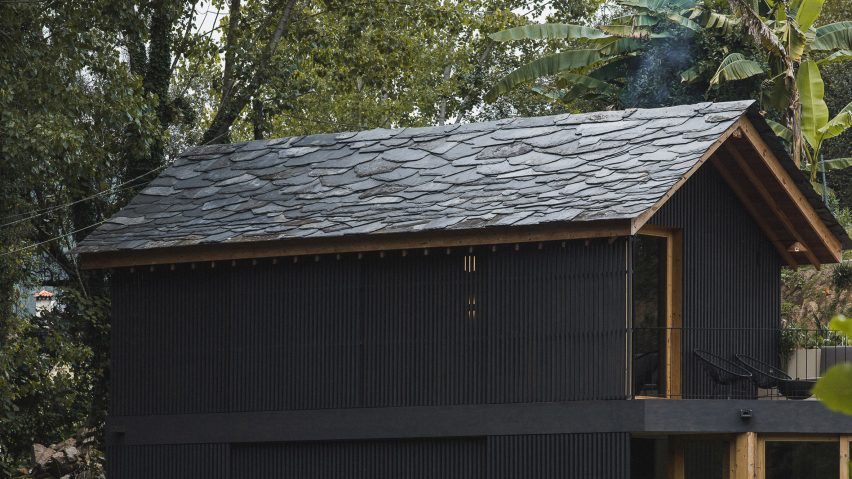
Popular projects this week included a retreat in Portugal designed in a "rustic minimalist" style, the interiors of the world's skinniest supertall skyscraper, and a "forever home" in Melbourne.
This week's lookbooks showcased interiors informed by the principles of the Bauhaus and homes in converted warehouses.
This week on Dezeen
This week on Dezeen is our regular roundup of the week's top news stories. Subscribe to our newsletters to be sure you don't miss anything.